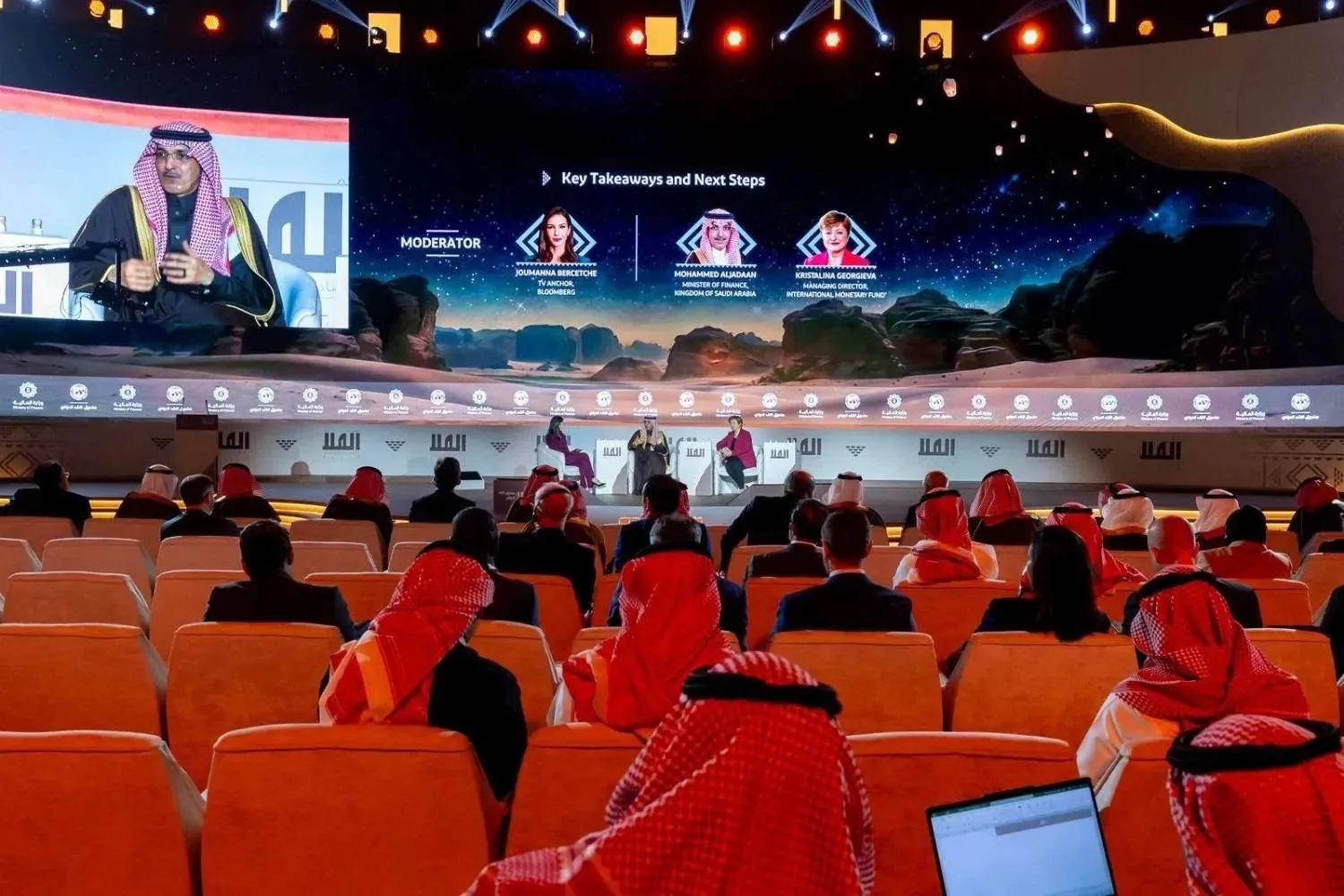Saudi Arabia jumped nine places in the Global Retail Development Index, ranking third globally and first in the Arab world.
Kearney International Consulting issued the Global Retail Development Index by the end of 2023.
It is prepared based on a survey conducted every two years to evaluate promising retail markets and measure progress in developing trade globally, taking into account economic growth, consumer wealth, and the regulatory framework.
Based on a report issued by Kearney and viewed by Asharq Al-Awsat, the retail sector represented about 12% of Riyadh's GDP.
With more than 5 million households, Saudi Arabia has the largest consumer market among the Gulf Cooperation Council (GCC) nations.
Saudi Arabia's economy has been consciously evolving away from oil dependence, which accounts for about 40% of the GDP.
Kearney partner Mohammed Dhedhi expected Saudi Arabia to continue its excellent performance in the index for 2024, influenced by the continued growth in its non-oil sector and the rise in disposable income.
Dhedhi explained to Asharq Al-Awsat on the sidelines of the 10th edition of the Retail Leaders Circle MENA Summit in Riyadh that the non-oil domestic product in Saudi Arabia will continue to grow at a faster pace than the gross domestic product, expecting it to grow in the range of 0.3-0.5% points in 2024.
He further noted that several factors enhance the retail sector's contribution to the Saudi economy, noting that Saudization, government reforms, and increasing digitization in the retail ecosystem will accelerate growth.
Saudi Minister of Municipal, Rural Affairs, and Housing Majed al-Hogail said that the retail sector currently constitutes 23% of the non-oil GDP in the Kingdom and is expected to grow to more than $122.6 billion by the end of 2024.
Speaking during the Summit, Hogail noted that the total number of active commercial licenses for the sector exceeded 400,000 licenses from 2019 until the end of 2023, as efforts to stimulate the industry resulted in the issuance of no less than 70,000 annual licenses, recording a steady growth of about 6%.
According to the report, Kearney expects the non-oil sector growth to remain robust thanks to steady, ongoing investment activity in Vision 2030-related projects, local industrial and construction sector expansion, and the government's resilient commitment to progress with Vision 2030 reforms.
Saudi Arabia has made significant regulatory strides to promote diversification and private sector growth. New laws promote entrepreneurship, protect investors' rights, and reduce business costs in the Kingdom.









